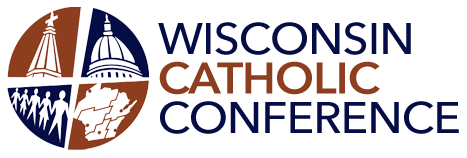
On Sept. 27, the Church celebrates the World Day for Migrants and Refugees. In recognizing the unique contributions of immigrants and refugees, the Catholic bishops of Wisconsin have sent a letter to President Trump and other administration officials acknowledging the special contribution of Hmong and Lao refugees. In a Feb. 14 letter, the U.S. Department of State acknowledged ongoing negotiations with the government of Laos to accept deported Hmong and other Lao U.S. residents. The bishops of Wisconsin have asked the President to end these negotiations.
“We understand,” the bishops wrote, “that legal residents may be deported if they have committed certain crimes and that previous administrations have sent several hundred individuals back to Laos, but we urge you to limit, not amplify, such deportations.”
The U.S., the bishops explained, has a unique and profound responsibility to Hmong and Lao living here. During the Vietnam War, the U.S. recruited thousands of their men and boys to fight in what is known as the Secret War. Tens of thousands died and after the war ended, thousands more were killed or persecuted by the communist government of Laos because of this collaboration. Of those who survived, most were forced to flee their homeland, spending years in Thai refugee camps before being allowed to emigrate to the U.S.
Today, Wisconsin has the third largest Hmong population after California and Minnesota. The bishops praised the “astonishing resiliency, vibrancy, and family cohesion,” of Wisconsin’s Hmong residents, many of whom experienced “unspeakable brutality and trauma.”
The bishops acknowledged that people bear responsibility for their own actions, but “governments do, as well.” America therefore “has a responsibility to make certain that our allies and their families are protected and not abandoned … those from Laos deserve special recognition for their service, sacrifices, and many contributions to our nation.”
